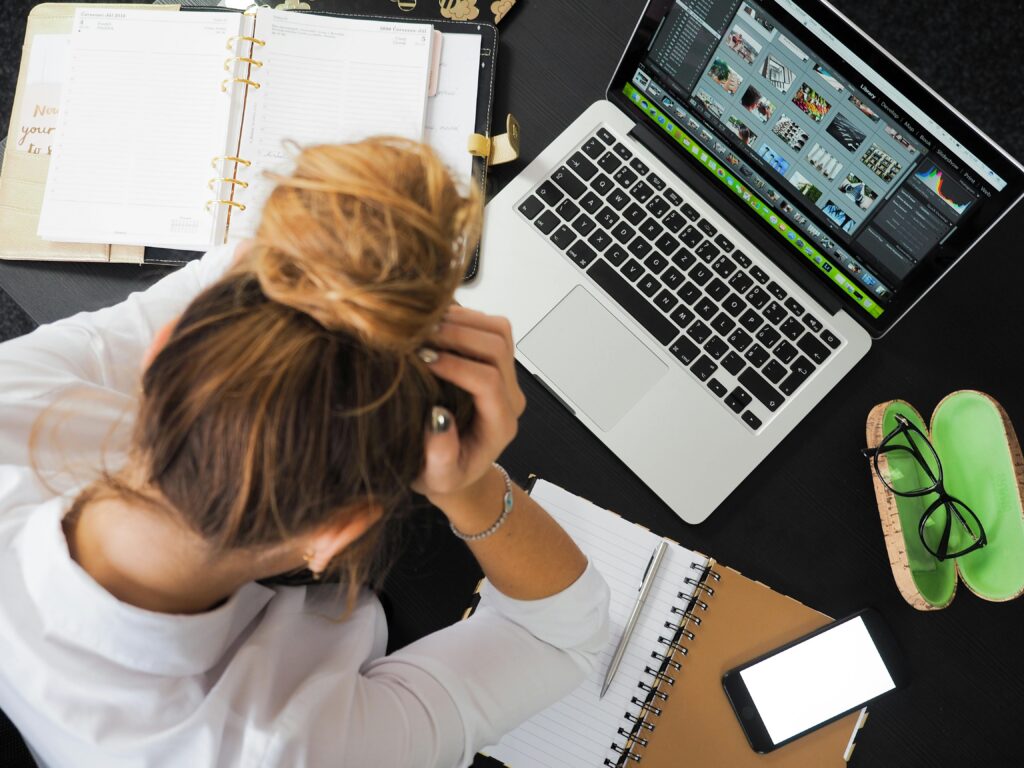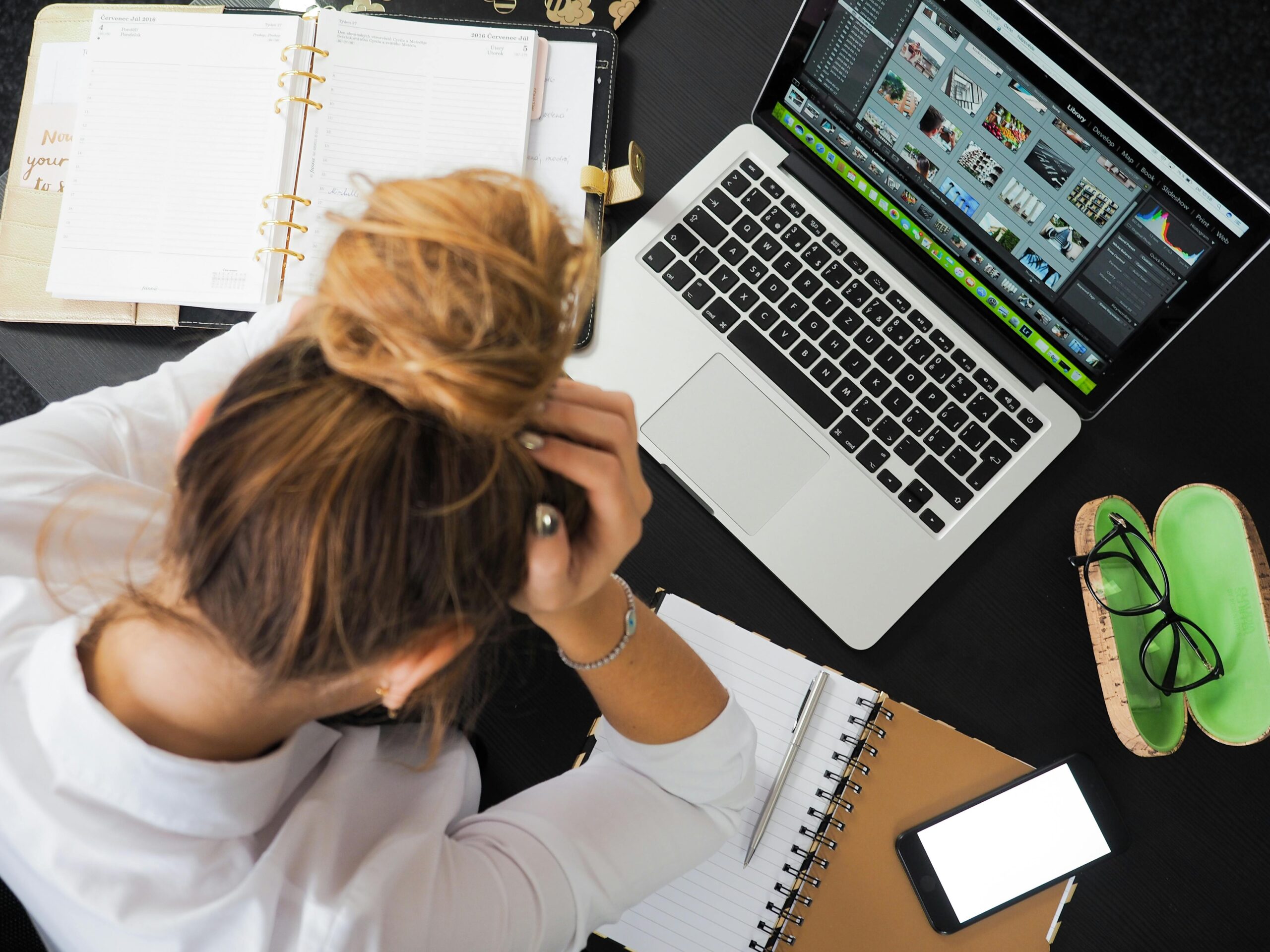Anxiety. It’s a word thrown around so often it can almost feel commonplace. But for those who grapple with its clutches, anxiety is a very real force that can significantly impact daily life. If you’ve found yourself searching for “symptoms of anxiety,” you’re not alone. Millions of people worldwide experience anxiety, and it’s often the hidden thread woven into mental health and addiction struggles.
At IntegroRecovery Clinic, we understand the complexities of anxiety and its interconnectedness with mental health and addiction. This post aims to shed light on the various symptoms of anxiety, empowering you to recognize them and seek the support you deserve.
Understanding Anxiety: More Than Just Feeling Worried
We all experience worry from time to time. It’s a natural human response to stressful situations. However, anxiety takes worry to an extreme. It’s a persistent feeling of unease, apprehension, and dread that can manifest in both physical and emotional ways.
Here’s what differentiates healthy worry from anxiety:
- Intensity: Anxiety is significantly more intense and disruptive than everyday worry.
- Persistence: Anxiety lingers for extended periods, often unwarranted by the situation.
- Interference: Anxiety significantly impacts daily life, hindering work, relationships, and overall well-being.
A Spectrum of Symptoms: Recognizing the Many Faces of Anxiety
Anxiety doesn’t announce itself with a single, clear sign. It presents itself as a constellation of symptoms, both physical and emotional. Here’s a breakdown of some common manifestations:
- Emotional Symptoms:
- Excessive worry and fear about everyday situations
- Feeling on edge, restless, or unable to relax
- Anticipation of the worst-case scenario
- Difficulty concentrating or making decisions
- Feeling irritable, overwhelmed, or out of control
- Detachment or feeling emotionally numb
- Low mood or depression
- Physical Symptoms:
- Racing heart or palpitations
- Shortness of breath or rapid breathing
- Sweating, chills, or hot flashes
- Muscle tension or aches
- Headaches, stomachaches, or nausea
- Difficulty sleeping or staying asleep
- Fatigue or trouble getting energized
- Gastrointestinal (GI) issues like diarrhea or constipation
- Feeling dizzy or lightheaded
Different Types of Anxiety Disorders
Anxiety can manifest in various forms, each with its specific set of triggers and characteristics. Here are some common types of anxiety disorders:
- Generalized Anxiety Disorder (GAD): Persistent worry about a variety of everyday things, accompanied by physical symptoms.
- Social Anxiety Disorder (SAD): Intense fear of social situations and scrutiny from others.
- Panic Disorder: Sudden and debilitating episodes of intense fear or discomfort that come on rapidly and reach their peak within minutes (panic attacks).
- Phobias: Intense and irrational fear of specific objects or situations.
- Obsessive-Compulsive Disorder (OCD): Unwanted thoughts (obsessions) that trigger repetitive behaviors (compulsions) aimed at reducing anxiety.
The Link Between Anxiety, Mental Health, and Addiction
Anxiety often co-occurs with other mental health conditions, creating a complex web of challenges. For instance, people with depression may experience anxiety as a symptom, or vice versa. Additionally, anxiety can be a significant risk factor for addiction. People may turn to substances like alcohol or drugs as a way to self-medicate and cope with anxiety symptoms. This creates a dangerous cycle, as substance use can exacerbate anxiety in the long run.
Taking Charge of Your Wellbeing: Effective Strategies for Managing Anxiety
If you recognize yourself in these symptoms, it’s important to remember that anxiety is highly treatable. Here are some steps you can take to manage your anxiety:
- Seek Professional Help: A mental health professional can provide a diagnosis, recommend treatment options, and guide you on your journey towards recovery.
- Cognitive Behavioral Therapy (CBT): CBT is a form of therapy that helps identify and change negative thought patterns that contribute to anxiety.
- Relaxation Techniques: Techniques like deep breathing, meditation, and progressive muscle relaxation can help calm the mind and body.
- Lifestyle Changes: Regular exercise, healthy sleep habits, and a balanced diet can significantly impact anxiety levels.
- Support Groups: Connecting with others who understand what you’re going through can provide invaluable support and encouragement.
Finding the Right Support at IntegroRecovery Clinic
At IntegroRecovery Clinic, we believe in a holistic approach to healing, addressing the root causes of mental health and addiction issues, including anxiety. Our team of experienced and compassionate professionals provides personalized treatment plans. To schedule with one of our providers, click the button below:




Comments are closed